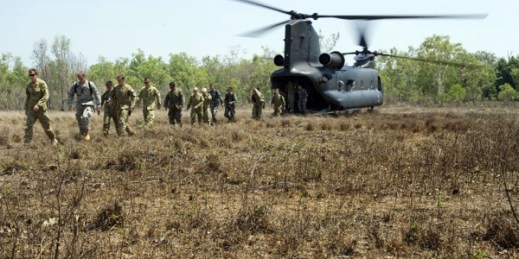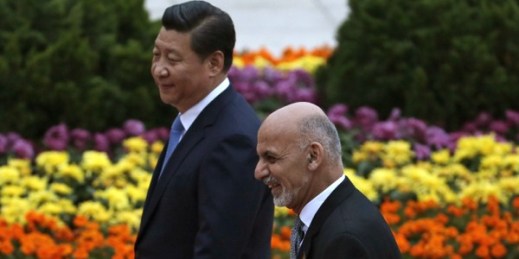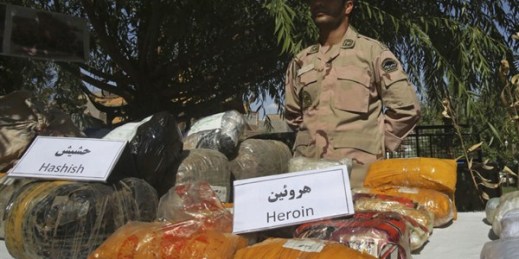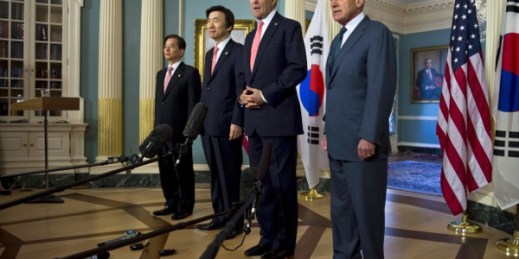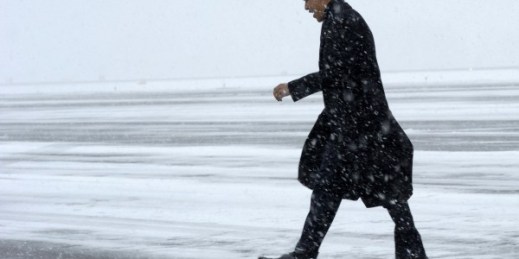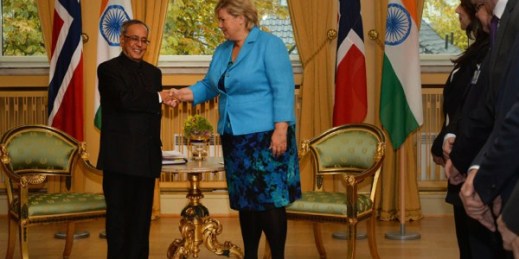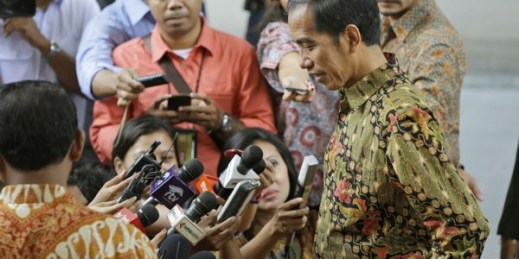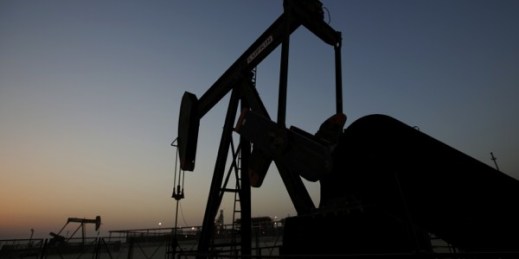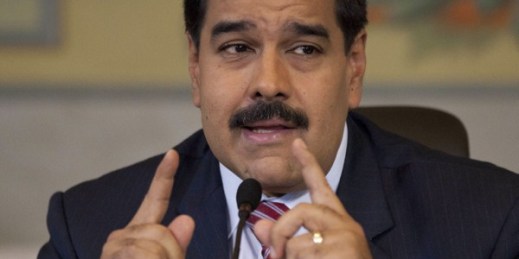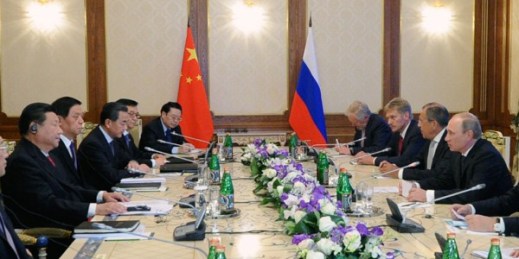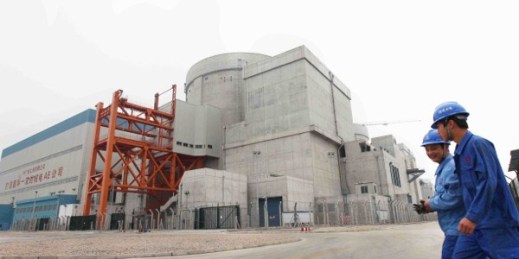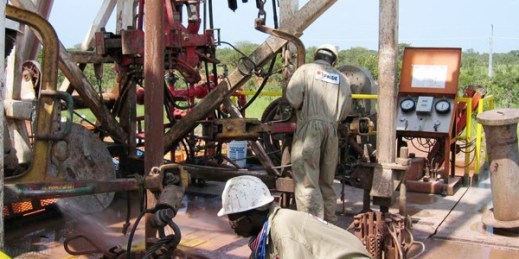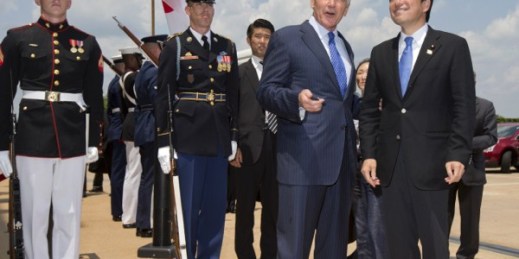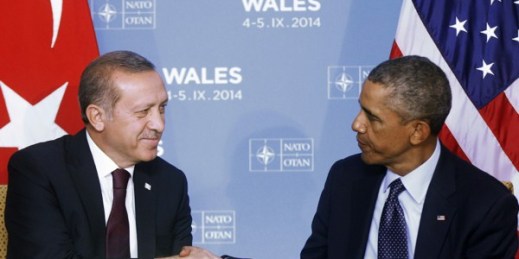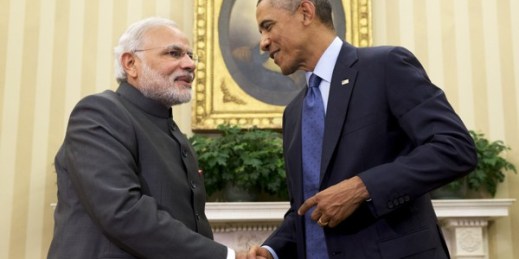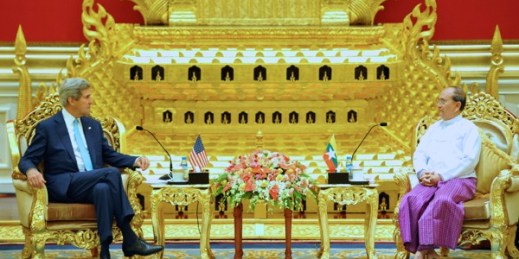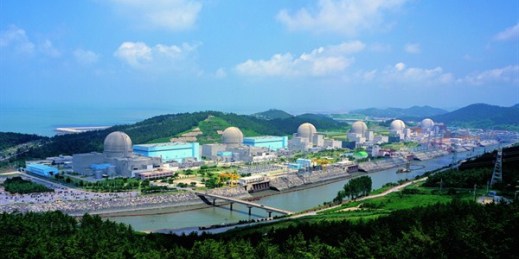
Dropping oil prices and alternative sources have resulted in dramatic changes for the global energy sector. As new players and relationships emerge, traditional powers, particularly Russia, still wield energy as a geostrategic weapon. This report covers the politics of energy over the past year. As Oil Prices Drop, Some Seek Hidden Hands Behind Market ForcesBy Frida GhitisOct. 23, 2014 Europe EU Seeks Energy Security Solutions to Russian Gas ChallengeBy Richard WeitzJune 3, 2014 Russia’s Energy Ambitions Explain Putin’s Zigzags on UkraineBy Nikolas GvosdevJune 27, 2014 Russia’s Energy Leverage Over Europe, Ukraine Considerably DiminishedBy Keith SmithMarch 4, 2014 Turkey Positions Itself […]

